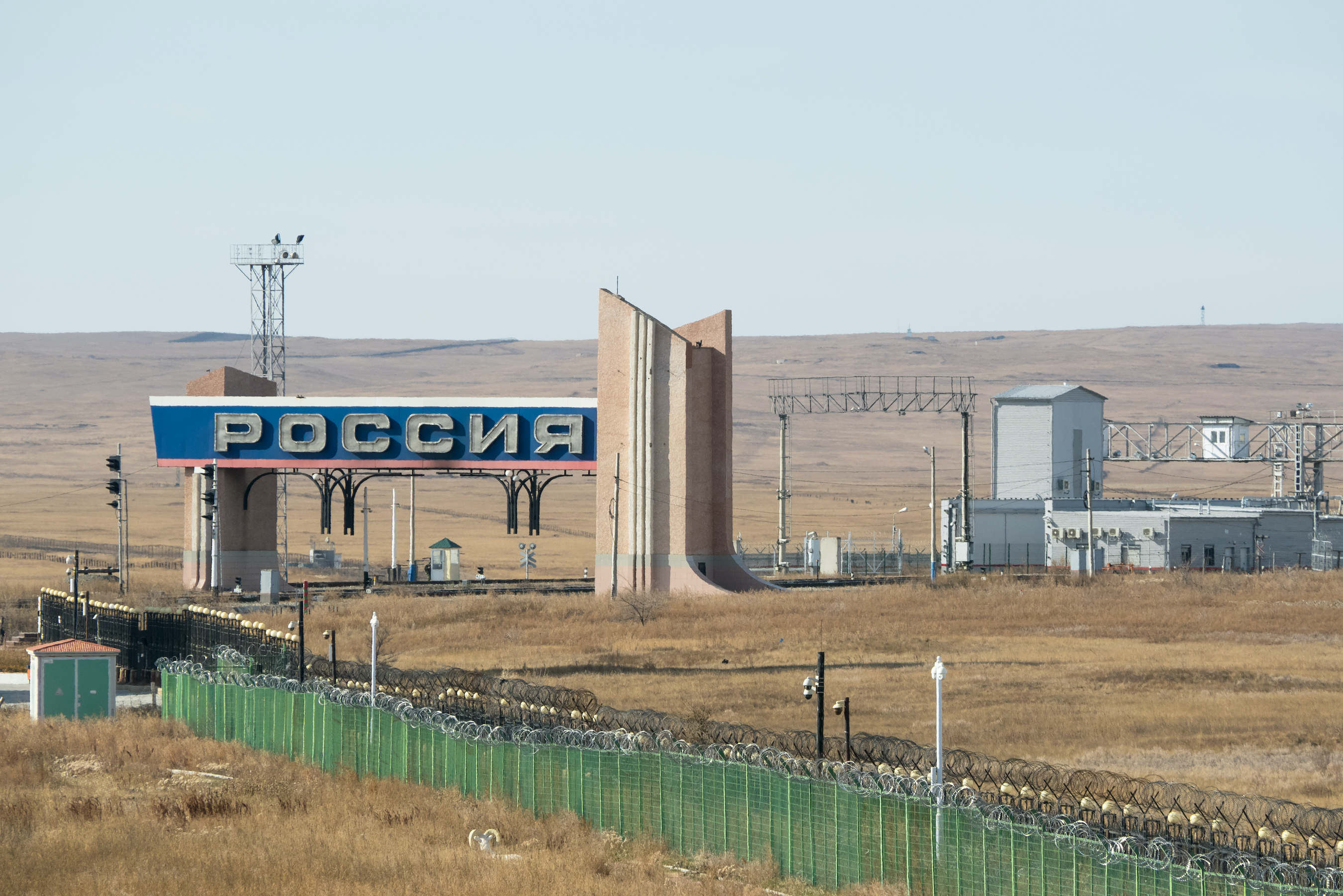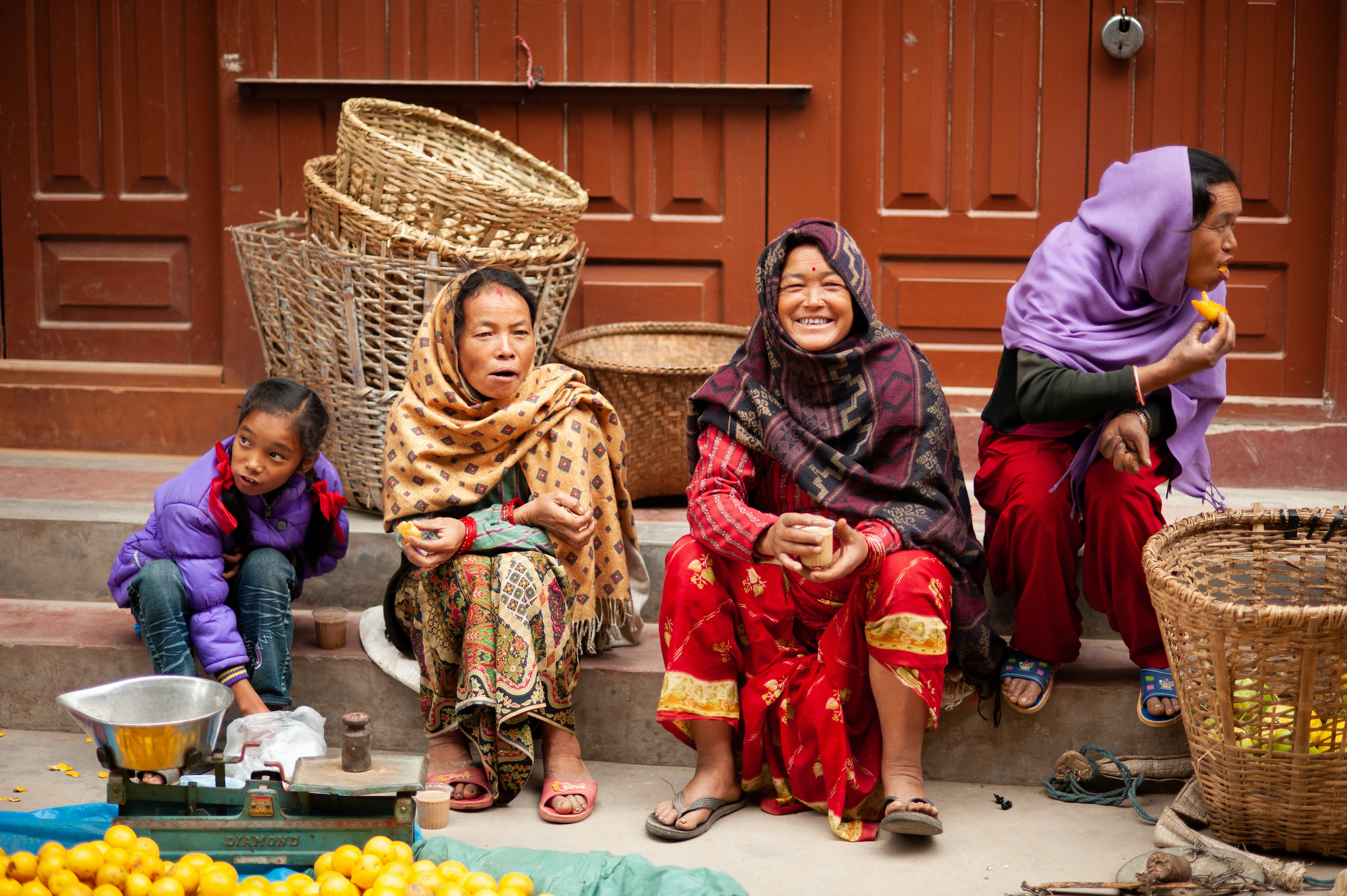Some of the most recent fieldwork that I’ve done has been on the north-eastern Russia–China border, which is around 2,000 miles long, consisting of big rivers that separate the Russian side, which is mainly forested, from the Chinese side to the south. I did some work there with a team of people, most of whom came from that region.
Russia and China, these days, are very big buddies on the international scene. They back each other up in international fora; they hold joint military exercises; Russia sends huge exports of oil, gas, timber, metals and raw materials into China.
The population statistics on the Russian side are worrying for the Russians. On the Chinese side, there are many people looking for work and there’s a lot of money – therefore, many possible investments that might go into Russia.
You’d think all this could fit together beautifully, and that they could both benefit, but it isn’t the case. One reason is that the scenario I’ve just outlined is frightening to the Russians. They fear losing economic control of Siberia and sovereignty over the land if the Chinese move in.
We have to remember that there’s a huge chunk of the far east of Russia that was obtained by the Russians fairly recently, in 1860, when they negotiated what the Chinese called “unequal treaties”. It was an unequal treaty like the one that Britain did for Hong Kong. In the end, Britain handed back Hong Kong. Russia, on the other hand, is not going to hand back the land to China. The Chinese don’t say it openly, but they often give hints that they want that land back.
The border is highly militarised and there are very few places where you can cross – all guarded closely with radar, barbed wire, soldiers and customs. This means that the Russians and the Chinese in these areas still remain separate. They don’t speak each other’s language and, if they do, it’s more likely to be the Chinese learning Russian than the other way around. They, of course, have different food, different houses, different TV programmes, different media and their mobile phones work in different ways. So, they’re cut off from each other.
Most of the people who live there are Russians on the Russian side and Chinese on the Chinese side, and that’s because they were sent there from the beginning of the 20th century to populate those vast expanses for the different Empires. Nevertheless, long before that, there were indigenous people who lived in that area – maybe 15 or so different groups – who were mostly nomadic people: reindeer herders, fishing people or herders of cattle, like the Mongols. They operated on both sides of the border. So, for them, the imposition of a State border and all these things that made it impossible to cross was a terrible outside thing alien to them.
Travelling along the border
I did two types of research over two years: one was in a border town, where I stayed with a Buryat family and travelled with them along the border to various rituals and events. But our project was not just about indigenous people living near the border. It was about the whole way the border operated.
The other bit of fieldwork I did was in the city of Vladivostok in Russia, on the coast of the Sea of Japan. My work there was on real estate speculation. I briefly visited the Chinese city on the other side of the border, where a student of mine was working and seeing how they were trying to sell off empty plots in China that fell afoul of Xi Jinping’s anti-corruption drive. Nobody was buying these luxury houses because they were afraid of being accused of being corrupt.
I then went over the border and spent much longer in Vladivostok, trying to understand the system there of how they set up their real estate, which is very disadvantageous to buyers, particularly speculators – they didn’t have enough money to actually develop the houses, so they forced people to pay up in advance for accommodation. They could only do this because the market was such that everybody was desperate for somewhere decent to live.
Being a woman in my field of work
Being a woman has not been a big problem for me. In a way, it is an advantage, because you’re less threatening as a woman – which was particularly true at the beginning of my fieldwork, when I was very young, and people forgot I was there at all. That way, I was able to absorb things.
Later, I was lucky enough to work in areas where women in those cultures were quite powerful. That was certainly the case in Nepal, in the barter economy. Men were away, on trading missions or herding, and the women were left at home as the masters of the household. They were very strong, very witty women.
Lessons from life on the border
We can learn two things from the huge festivals and meetings that take place across the border between Russia and China. One is the way that the indigenous people living there have been able to create their own landscape, their own kind of territory, where the border is not part of it.
We also learn how Russia and China, as governments, are reacting to all these festivals. We learn a lot about the different political cultures in Russia and China. In the Russian case, they have tried to insert a governmental Putinist patriotic element into the political culture. They keep sending along officials, big bosses, and people who will appear preening on the stage and spouting speeches about how wonderful Russia is.
The Chinese have done something completely different, which is to forbid these festivals from happening inside China at all. For the Chinese government, anything that looks like it’s arising from the people themselves, out of their own wishes, is something volatile and not organised by the Communist Party, which is still very pervasive and all-important in China.
The mission of the anthropologist
The mission of the anthropologist, when faced with this very tragic situation, is to tell the world about it, but to do it in a way that conveys the whole complexity of the situation – which is that many of the people in China have benefited greatly from the economic success of China. They now live a much higher standard of living. They’ve got more access to wealth of various kinds than the Russian equivalents.
On the other hand, the Russians are a bit freer in what they can say and do. So, there are different things to weigh up between both sides. I would say the whole environment and ecology of those parts of the world are very much threatened, and the people who know and care about it do tend to be the indigenous people, because they are the people who have lived there for centuries. Therefore, it’s very important that we know, record and try to explain their culture, their knowledge, and their way of understanding and keeping memory of what things mean and how they work.


